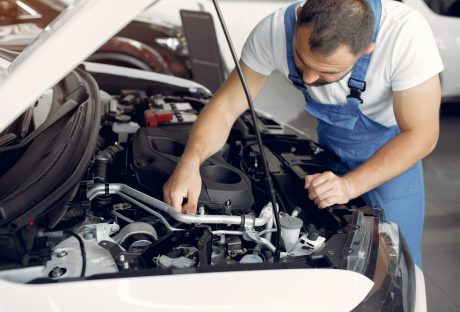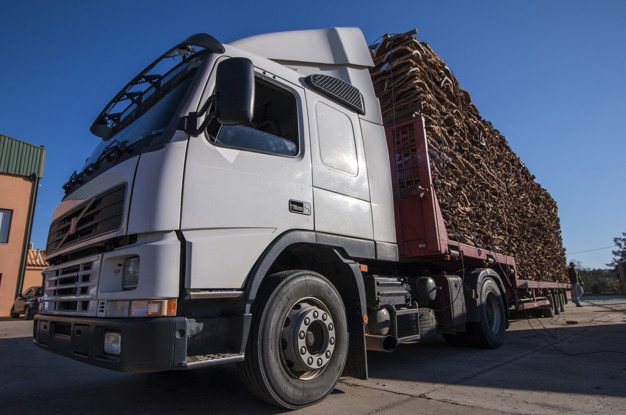Put plainly and simply, car leasing gives people the option of getting a car with a smaller down payment and typically lower monthly payments for a set number of months with a set amount of mileage allowed during the time the customer has the vehicle. All of the variables listed there are what’s known as the “lease agreement”, which covers all the terms and conditions of the car. Leasing is an awesome option for drivers, but it’s one that unfortunately not a lot of people understand all that well, so this article will endeavor to explain how exactly leasing works, and how it can be a better alternative to buying.
Leasing can be a better alternative than buying because it allows you to drive a higher-priced car – one that you would not be able to normally be able to afford – for affordable monthly payments. In most big Canadian cities, like Toronto, Vancouver or Halifax, someone can get a lease on a new car for a low price, drive that car for typically up to three years and then turn the car back in at the end of the lease term. Leasing is kind of like renting a vehicle, in that you do not own it and you will turn it back into the dealership at the end of the lease term.
Another reason that leasing can be preferable to buying is that it allows customers to get a new vehicle at the end of each lease term (if they so choose) without risking negative equity on a trade-in (and thus incurring higher monthly payments for the new car that they get). Leasing can also include perks like having standard service included and having the ability to carry over your down payment from one lease to the next (provided you continue to lease with the same dealership). Leasing has also become very popular with people that don’t necessarily drive a lot. Since leases come with a set amount of mileage (and penalties for going over the mileage) people that live in cities or close to work can take advantage of the lower lease prices for lower mileage lease options.
Here in Canada, where there are lots of car dealership options, many dealerships offer perks to returning lease customers, to keep them from going to a different dealership, so it is a good idea to look at a dealership’s returning lessee offers to see if they are a good fit before entering into the initial lease agreement. These are certain small considerations you can learn more about over here at the AUTO ONE Group Blog which does a pretty comprehensive job detailing leases.
Leasing is a great option for anyone looking to get a new car but doesn’t want to get roped into the large down payment and protracted loan payments associated with buying. If you live in the city here in Canada, it’s worth taking the time to seek out loan options on cars.
Read Also :






















